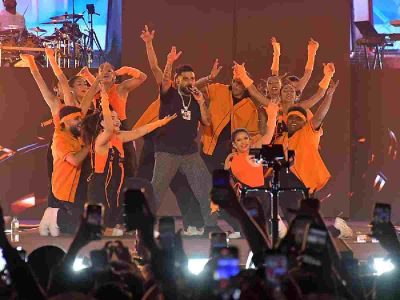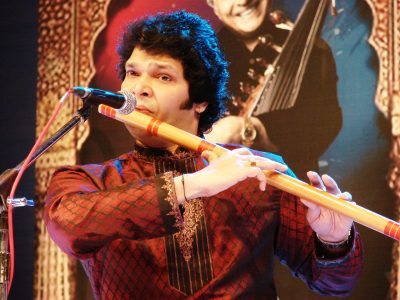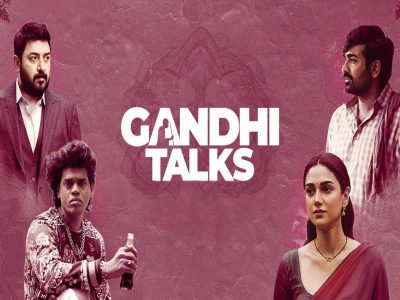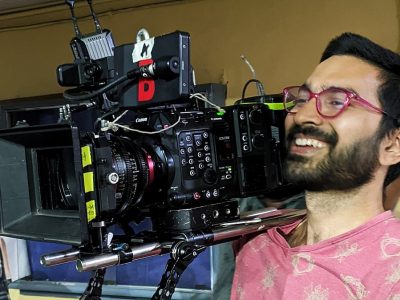Ayushmann Khurrana starrer Shubh Mangal Zyada Savdhaan depicts a homosexual love story, and finally makes Bollywood give its much-awaited due to the LGBTQ community. Here’s why!
“Ek baat batao beta, kab decide kiya yeh banogey? (When did you decide that you want to be ‘that’?),” asks a middle-aged man.
To which, the young boy replies: “Yeh nahi kehte, GAY kehte hain.” (It’s not called ‘that’, it’s called ‘gay’)
And the ‘uncle’ further asks, “Beta, mummy papa ko pata hai waise?” (Are your parents aware of this?)
This conversation might sound like it has been taken out from a drawing room of a conservative family, when a homosexual man decides to come out to his “conservative” relative. But in fact, this is from the trailer of a film which will hit the theatres in India soon.
The film Shubh Mangal Zyada Savdhaan is a big budget commercial one, which has Ayushmann Khurrana in the lead. He plays a gay man, who wants to convince his lover’s parents and fight for his happily ever after. The film, which also stars Jeetendra Kumar, Neena Gupta and Gajraj Rao in titular roles, takes a comical tone to convey a crucial message.
This is the first time a Bollywood star will be seen playing a homosexual character onscreen. Though, there have been numerous films on this topic before, and various actors, including Manoj Bajpayee (in Aligarh), have attempted such roles in the past but the A-listers or “commercial heroes” as they say, never had the courage to do so. The reason might be the taboo attached to it, or the fear of offending the “mass” audience – who may not be that open or welcoming to see their “beloved” hero kissing another hero!
“Definitely Shubh Mangal Zyada Savdhaan’s trailer looks very promising. And knowing Ayushmann Khurrana’s sensitive portrayals of various topics in the past, we all are hoping that this film too deals with the issue in a positive manner and not lead to something like Dostana. We have all been waiting for that big happy gay film, and we hope that this one is finally it,” says Sridhar Rangayan, a queer filmmaker (also the founder-director of Mumbai’s Kashish Queer Film Festival), who has been making films representing the community for ages.
Journalist Shaurya Kumar, 25 years old, (name changed), who identifies himself as a homosexual, seconds this view. “I think Khurrana’s new movie will be a game changer. The trailer is as real as it gets. This will further normalise the conversation about love and acceptance. With Khurrana’s other movies also we have witnessed this happening, as they show the reality in a manner which becomes a dinner table conversation. If the film achieves this for gay relationships, then it will be a huge service to the community!” he believes.
The film’s trailer became the talk of the town as soon as it was launched. Furthermore, it sparked a conversation about the portrayal of the LGBTQ community in films. It was back in 1996, when Deepa Mehta’s Fire was the first time a film depicted homosexual relationship was made. But back then, the audience did not receive it well and the film struggled with censorship. After that, seldom such a well-crafted or thoughtful film on the topic surfaced. Especially, when it came to commercial films or films under big banners – the community was treated as a comic tool, and nothing more than that.
For decades, we witnessed Bollywood doing a disservice to the community by portraying them in the wrong light in films such as Dostana, Partner, Student of the Year, Mastizaade, Girlfriend, Dishoom — and the list goes on and on. Be it depicting them as effeminate or dumb, or outright lascivious, or with an outrageous sense of fashion – Bollywood has done it all.
“Bollywood has never figured too high on the ‘gay friendly’ score. Movies such as My Brother Nikhil, Aligarh and I am have never been more than blips in the radar. Homosexuality has never really been mainstream, except when it’s being played for laughs in movies such as Dostana or Kal Ho Na Ho (both movies have faux-gay characters),” says Dyuti Biswas, a Delhi-based journalist.
Anuj Vashisht, 28, also believes that Bollywood has displayed homosexual characters as a comic relief. “Bollywood could have played an important role in changing the perception of the society at a grassroot level. Since the Supreme Court verdict scrapping Section 377, Bollywood can play a major role in bringing about a positive change,” he shares.
But Kumar differs in his view that Dostana did any disservice to the gay community. “When we say that ‘oh it showed them as effeminate,’ we ourselves are being homophobic. Because there are many homosexual men who are effeminate, while some are not. So, if you see the film in that lens, it’s fine. And at the end of the day it’s Bollywood, so it will exaggerate things, which it does with every other movie, so it’s doesn’t look wrong. Rather, I feel Dostana opened the doors for the community in mainstream Bollywood films.”
On the other hand, there have been films like Fire, Aligarh, My Brother Nikhil, Ek Ladki ko Dekha toh Aisa Laga, Made in Heaven (series), Margarita with a Straw, Bombay Talkies, Kapoor & Sons, among many, who got it right while depicting same sex relationships on-screen.
“With mainstream movies like Sonam Kapoor starrer Ek Ladki Ko Dekha toh Aisa Laga, we can hope for a more real, long-lasting change. However, it had a very ‘chaste’, ‘buddy’ kind of romance between the lead and her girlfriend,” opines Biswas.
Kumar feels Aligarh showed the very real side of a homosexual man — depicting his inhibitions, his fears, his struggle. “It’s a different kind of take,” he says. Rangayan, whose also an LGBTQ activist, believes that things have definitely changed for the better of late. “Over the past few years, there are many more sensitive portrayals that depict LGBTQ lives in a positive manner. For instance, the gay man in Onir’s Shab which was treated with such normalcy or the character played by Arjun Mathur in Made in Heaven web series. These are harbingers of times to come,” he says.
“Two Hindi feature films released in theatres in 2019 and now streaming online are Ek Ladki Ko Dekha Toh Aisa Laga and Evening Shadows. Though they are stories of coming out, these two films touched upon many aspects of Indian family structures, especially patriarchy. While the first one dealt with a Punjabi family, the second was about a conservative South Indian family. Both of them attempted to normalise lesbian and gay relationships, and have been conversation starters,” Rangayan further adds.
Evening Shadows, which was made by Rangayan himself, was instrumental in helping start ‘Sweekar’ – The Rainbow Parents, a group of parents of LGBTQ individuals, the first ever such group that now has almost 70 members across India. “This group has been helping parents come to terms with their children’s sexuality by showing the film Evening Shadows and explaining to them that they should not be afraid of accepting their children. So, this exhibits a direct influence a film can have in our society,” says the National award winning filmmaker.
Shubh Mangal Zyada Savdhaan’s trailer blatantly addresses homophobia, and this too has been applauded by many. But, Rangayan feels homophobia cannot be addressed by rhetoric questions (as is seen in the trailer). “It needs to be peeled away layer by layer, and that takes a lot of sensitive handling, which we hope the film manages to do the right way. There is a lot riding on the film. We definitely need a gay themed film to be a hit at the box office, so that more and more producers and actors do not hesitate to back LGBTQ themed films!” he concludes.





